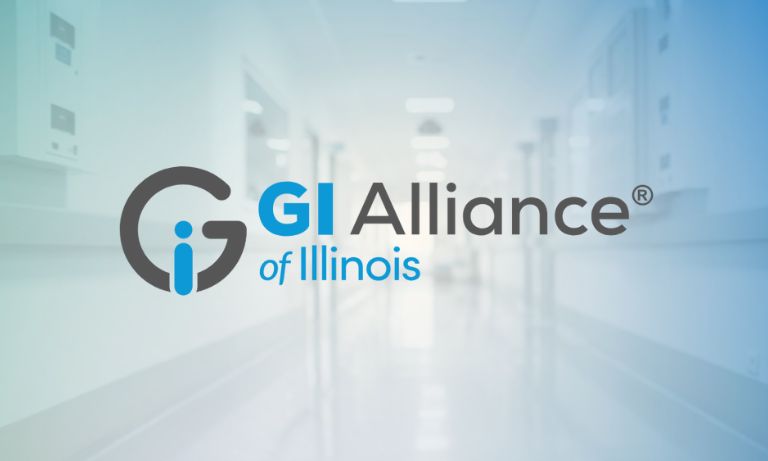Summary: Undergoing colonoscopy tests help detect and deter colorectal cancer. See whether a screening or diagnostic colonoscopy could be right for you.
Colorectal cancer threatens the health of millions of adults on an annual basis. When detected early, colorectal cancer can often be treated successfully, resulting in a high rate of survivability. Routine colon cancer testing enables medical professionals to screen for precancerous or abnormal tissues in the large intestine (colon) and rectum, and monitor for any further concerns should a person’s likelihood of developing the condition end up being higher.
Even though a large percentage of adults have an idea of what a colonoscopy is, not as many realize the difference between a screening colonoscopy and a diagnostic colonoscopy test. At GI Alliance of Illinois, our experienced gastrointestinal (GI) specialists routinely complete screening and diagnostic colonoscopies for Illinois patients. Read on to discover important details about these distinct types of colonoscopy procedures, when they could be needed, and how they might help maintain your digestive health and general wellness.
Who should have a screening colonoscopy?
Our gastrointestinal physicians at GI Alliance of Illinois generally advise having a screening colonoscopy to check for tissue abnormalities in the colon or rectum, polyps (growths), or other indications that colorectal cancer is likely to arise. A screening colonoscopy, also referred to as a preventive colonoscopy, is usually advised on a ten-year basis for those 45 years of age and over who show no signs or symptoms and who carry an average risk for colorectal cancer. These tests also serve as fundamental data to which any and all subsequent colonoscopies can be compared.
Candidates for a preventive colonoscopy commonly include individuals having:
- No signs or symptoms of GI health issues
- No personal history of colon or rectal cancer
- No family history of colorectal cancer
- No history of polyps or other abnormalities in the large intestine
- No current or previous GI health diagnoses
When is a diagnostic colonoscopy recommended?
Should any indications of premalignant or malignant growths be detected, our Hinsdale, IL gastrointestinal specialists will often recommend a diagnostic colonoscopy exam. These indications may include having past concerns (like colon polyps) or receiving positive results from a noninvasive colon cancer screening, like Cologuard®, which is an at-home testing product. Diagnostic colonoscopies, also known as follow-up or surveillance colonoscopies, are different from screening colonoscopies, as they are performed when there is a greater chance that cancer might develop or in the event there are indications that colon or rectal cancer may exist.
Ideal candidates for a diagnostic colonoscopy procedure are frequently patients with:
- A history of GI concerns
- Positive colorectal cancer screening outcomes
- A history of colon polyps or other tissue irregularities
- Current or previous GI health symptoms
- A personal history of colorectal cancer
What are other important details concerning screening vs. diagnostic colonoscopies?
Colonoscopy procedures are incredibly important for catching and preventing the development of colon cancer. While a screening colonoscopy and a surveillance colonoscopy are often conducted in the same manner, the tests are performed for separate reasons. Insurance coverage for screening vs. diagnostic testing commonly varies. As a result, it is important to review your insurance policy and speak with your insurance company to learn more about your particular coverage and benefits as they relate to colonoscopies.
Speak with a colonoscopy doctor in Illinois
Undergoing colonoscopies as suggested by a GI physician is critical to safeguarding your colon health and general wellness. Our Hinsdale, IL colonoscopy doctors maintain a patient-focused approach to care and work one-on-one with each patient to help make sure their digestive health concerns are addressed. Contact our caring team today for additional information or to arrange for a colonoscopy consultation at GI Alliance of Illinois.


